Former US Envoy Says Kenya’s Haiti Security Deal Was Whitman’s Initiative
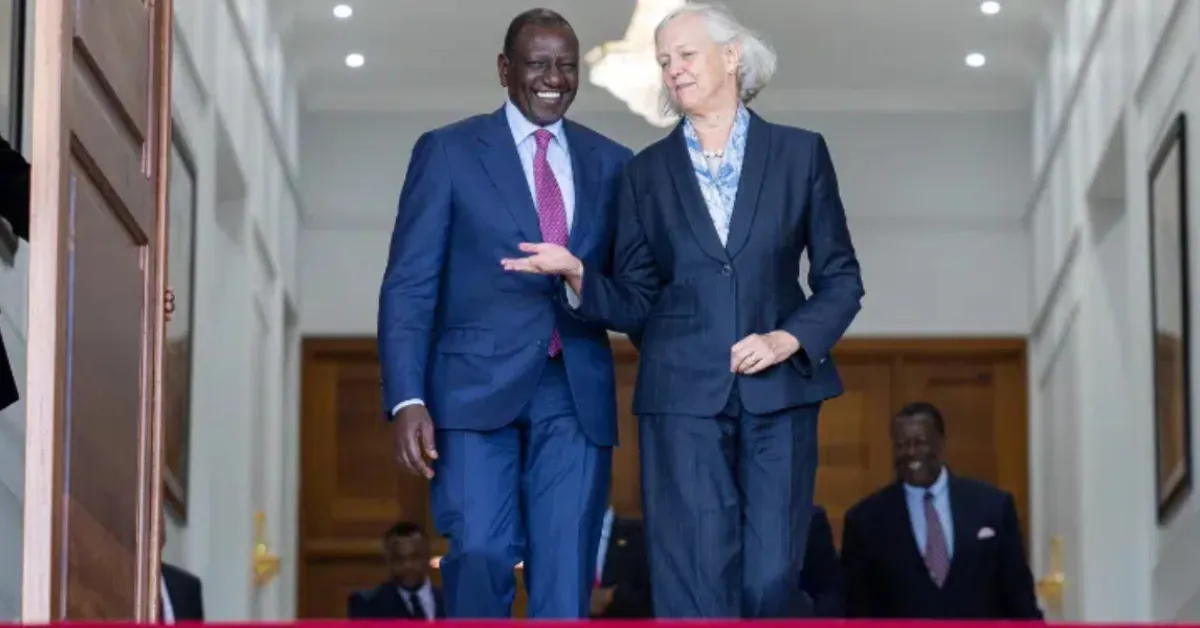
The deployment of Kenyan police officers to Haiti as part of the Multinational Security Support (MSS) mission continues to be a subject of intense debate, fueled by recent claims concerning the agreement's inception.
Daniel Lewis Foote, former US Special Envoy to Haiti, has alleged that Meg Whitman, then US Ambassador to Kenya, played a central role in orchestrating the deal, suggesting that financial considerations may have motivated Kenya's participation. Foote's allegations, made during an interview on the Michael Patrick Leahy Show, claim that Whitman independently conceived the plan and subsequently convinced Kenyan President William Ruto to support the mission.
According to Foote, the lure of financial incentives, common in international peacekeeping operations, influenced Kenya's willingness to take a leading role in the MSS mission. These allegations have not been officially acknowledged by the U.S. government. When contacted for comment, the US Embassy in Nairobi did not respond. However, Kenya's Foreign Affairs Principal Secretary, Korir Sing'oei, has strongly refuted Foote's claims, dismissing them as baseless and unsubstantiated.
Foote has been a vocal critic of Kenya's involvement in Haiti, expressing concerns about the mission's planning, effectiveness, and potential financial motivations. He previously warned of the operational and linguistic challenges that Kenyan officers would likely face in a Creole-speaking country. Before the first Kenyan deployment, Foote argued that the mission lacked proper planning and that resistance within Kenya reflected doubts about the true motivations behind the mission. He also highlighted the logistical challenges Kenyan officers could face due to the language barrier.
The financial aspect of the operation has been a significant point of discussion. When Kenya agreed to lead the MSS mission, then-US President Joe Biden pledged approximately KSh 13 billion ($100 million) to support the initiative, raising questions about fund allocation and whether financial incentives played a role in Kenya’s decision. As Kenya continues its operations in Haiti, discussions about the sustainability and effectiveness of the mission persist. While Kenya's leadership has maintained that its involvement is driven by a desire to support global peace and stability, critics like Foote argue that financial incentives play a significant role in the country's participation.
Beyond the direct security interventions, concerns remain over the flow of arms fueling Haiti’s gang violence. Rubio discloses that US federal agencies were working to curb weapons trafficking into the country, an issue that has exacerbated Haiti’s security challenges. The goal, he said, is to disrupt illegal arms supply chains that empower criminal elements and hinder stabilisation efforts.
The broader geopolitical considerations also factor in, with Kenya's leadership having expressed interest in gaining greater international prominence. Meanwhile, US Senator Marco Rubio has called for stronger regional involvement in Haiti’s stabilisation efforts. Speaking before the Senate Foreign Relations Committee, Rubio emphasised the need for the Organisation of American States (OAS) to take a more active role in addressing security challenges in Haiti.
Rubio notes that while Kenya had made commendable efforts in spearheading the MSS mission, further contributions from other nations, particularly those within the Americas, would be essential to ensuring a lasting resolution. His remarks echo sentiments within diplomatic circles that the burden of Haiti’s security situation should not fall solely on Kenya but rather be shared by multiple stakeholders.
Kenya, on its part, has acknowledged the importance of broader international engagement. Foreign Affairs Principal Secretary Korir Sing’oei stated that Kenya is aware of plans to introduce more officers from OAS member states as the Kenya-led mission concludes. He underscored the value of Caribbean nations taking an active role in the stabilisation efforts, arguing that a collaborative approach would enhance the likelihood of success.

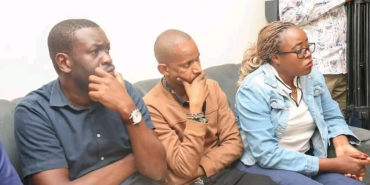

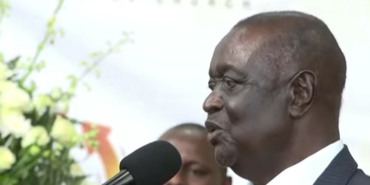
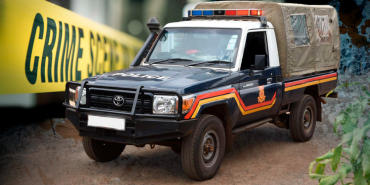

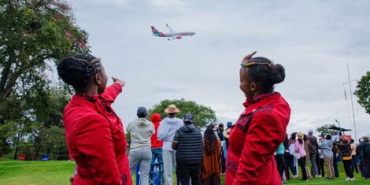
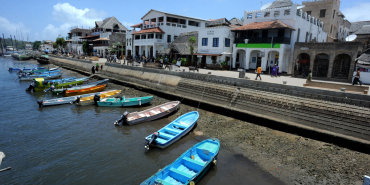



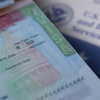


Add new comment